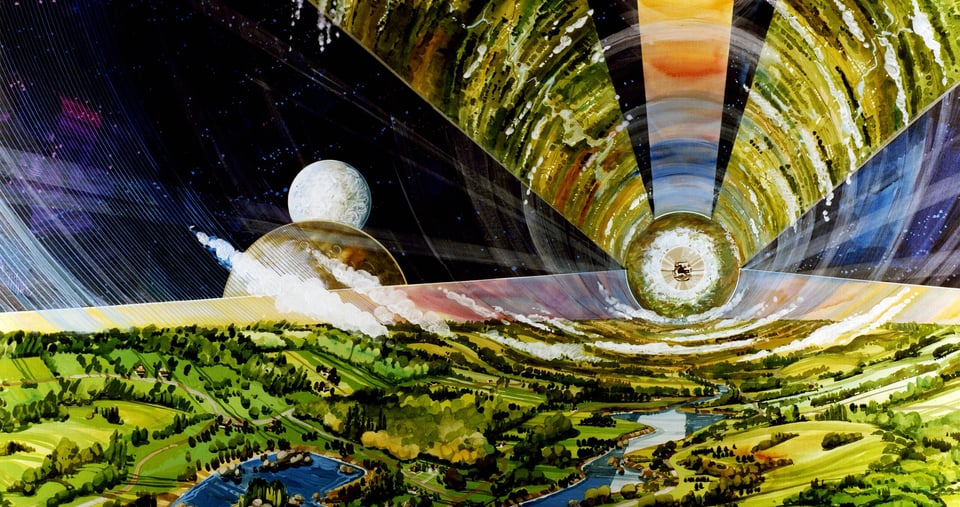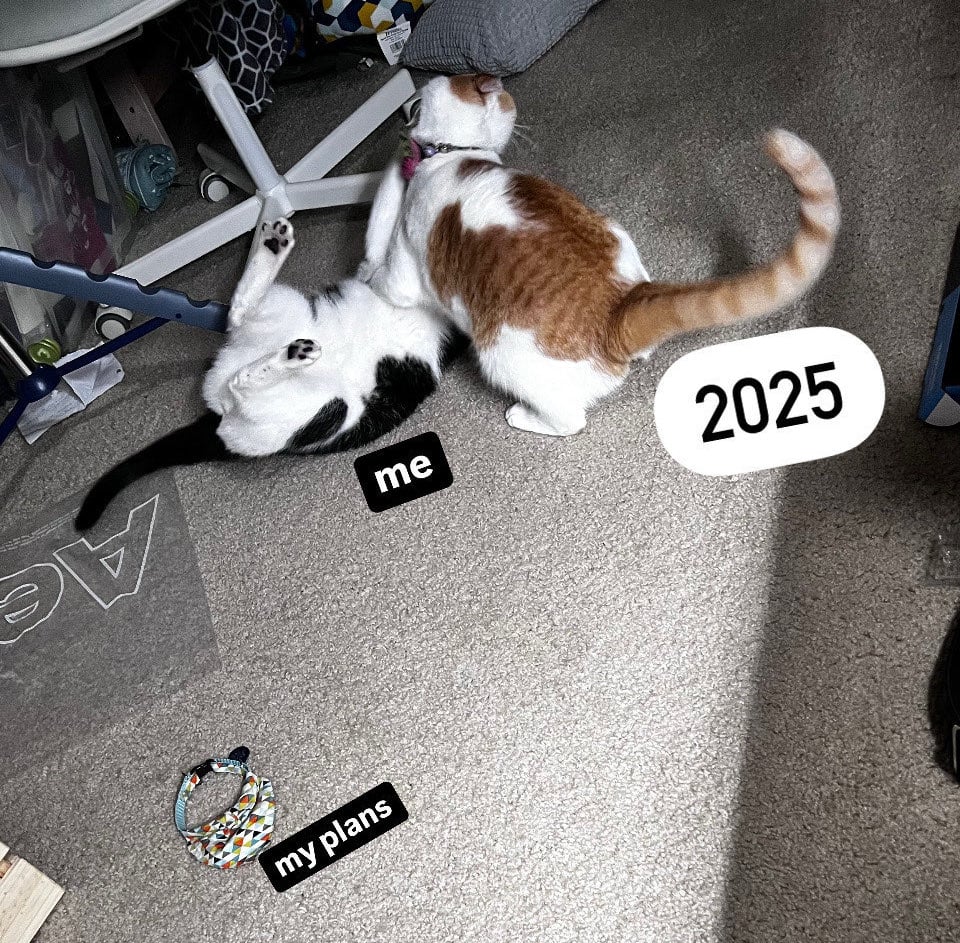Mark Zuckerberg sees loneliness as a market opportunity
The internet used to be exciting—its potential to make the world better seemed endless. In the early 2010s it felt inevitable that innovation would make us happier, more productive, more connected, and all-around improve our lives.
It doesn’t feel that way anymore.

Some technologists blame the media for this. I’ve worked in the media too long to think we have anything close to that amount of influence. No, people feel pessimistic about technology because they recognize ways in which it’s made their lives worse. Instead of creating technology that helps humans thrive—encouraging human connections, increasing productivity, saving time so people can focus on what matters most—modern tech oligarchs are working to capture as much of humanity's collective attention as possible so they can sell it to the highest bidder.
Which brings me to Mark Zuckerberg, the billionaire digital narcotics dealer, who recently made headlines by expressing a bad idea (again). In a recent podcast interview Zuckerberg mentioned off-hand that the average American has "fewer than three friends" and “has demand for meaningfully more". His proposed solution for this problem: people can chat with AI bots created and managed by his Meta corporation instead.
To be clear, he's wrong about the specifics—the study he's referencing was referring to close friends, not friends in general. But more interesting is what his "solution" to the problem reveals.
Because if he cared about friendship, he's got tools. If there's anyone on planet earth who has some technology to help solve the problem of "people don't have enough friends", it should be Mark Zuckerberg. He launched the platform whose whole initial purpose was to keep up with friends through technology. Now, after years of adjusting that platform to gain and exploit more and more time and attention, he runs the infrastructure where the majority of humanity scrolls content instead of talking to the people around them. He could, right now, change that interface in ways that encourage people to interact with friends directly—on his applications or even in real life.
Mark Zuckerberg could create a golden era of human friendship if he wanted to. He doesn't.
If anything he's done the opposite. It's actively challenging these days to find posts and photos from people you know on Facebook and Instagram. How do you square that with Zuckerberg's supposed concern about how many friends we all have?
To Zuckerberg, if people are feeling like they don't have enough friends, there isn't a problem to solve, there is an opportunity to exploit. He's identified a deep human need—connection—and realized a new way he can wring out a little more profit from us. Meta made its billions by exploiting people's real life relationships, only to abandon those connections after they had a user base. Now to continue their infinite growth, they need more. The company can't monetize the time you spend in the real world with your friends; they can monetize the time you chat with AI "friends" they control.
Let's be generous and assume that Meta's AI bots will, over time, feel like real friends to people. The problem is that real friendship is based on shared interests, mutual respect, and ideally, admiration—intangible and mutual benefits. Meta, on the contrary, exists to make money, which means these "friendships" must ultimately be transactional. It's not even hard to predict what this will look like. Maybe in time, your AI buddies will start casually mentioning brands in your conversations. Maybe, if you mention that you're feeling depressed, you'll see more ads for antidepressants in your timeline. You get the idea.
Meta is named after the Metaverse, a term they stole from a dystopian cyberpunk novel, Snow Crash, where large corporations control every aspect of human existence. Which is to say that the people who run the big technology companies right now are the kinds of people who read science fiction novels and entirely miss (or ignore) the cultural commentary. It's hard to believe such people can help humanity flourish.
Even so, I still think we can flourish in spite of them. I have to believe that. Yes, these assholes want to mimic human friendship in order to make a profit, which is undeniably bleak. But it's also not inevitable that they win.
Technology isn't the solution to our problems—it's a tool we can use. The Zuckerbergs of the world will always see our problems as a market opportunity, and they’ll try to use their tools to exploit them. If humanity is going to thrive, we need to do better than that. But to get there we all need to get better at spotting this kind of exploitation masked as problem solving.
Hope for a better future, right now, is an act of rebellion. Fascism, throughout history, has pointed to the past as a model for the future. It is an ideology that sells people a myth about past glory and false promises to restore it. It promises, in as many words, to make a nation great again.
That is hope in an imagined past. What we need is hope in the future. For that to happen we need technology that’s designed to serve humanity, not exploit our needs to stripmine our collective attentional capacity. We deserve better than what these assholes want to give us—it’s time we started demanding it.
Join the conversation about the above article on the blog.
Related reading
Facebook allegedly detected when teen girls deleted selfies so it could serve them beauty ads Joe Wilkins/Futurism Seems like exactly the sort of company we should trust to build bots that we share our insecurities with.
People are losing loved ones to AI-fueled spiritual fantasties Miles Klee/Rolling Stone Things are weird but they're going to keep getting weirder.
Sometimes the reason you can’t find people you resonate with is because you misread the ones you meet Henrik Karlsson A few reflections on the work of building actual human friendships.
The end of Windows 10 is coming (and other stuff I wrote this week)
More people use Windows 10 than Windows 11, but later this year Windows 10 will stop getting security updates. What does that mean? I explained over at WIRED and outlined your options. In summary: you can upgrade, you can get a new computer, or you can switch to a different operating system. I also wrote a few articles for Mac users, if you’re more into that sort of thing.
‘Cotypist’ Adds Autocomplete to All Your Mac Apps Lifehacker One of the more interesting uses of AI I’ve come across.
This Extension Gets Rid of YouTube’s Annoying Clutter Lifehacker Turn a potential rabbit hole into a useful tool for learning.
This Mac App Gives a Much Needed Upgrade to Copying and Pasting Lifehacker Copy a bunch of things and then paste them in order.
